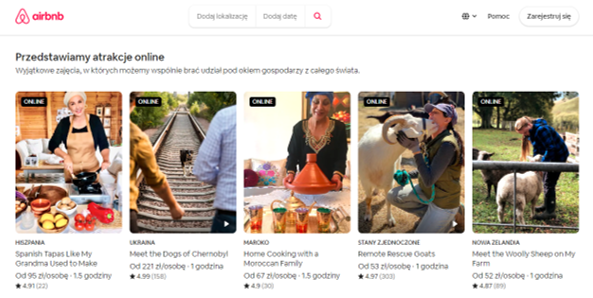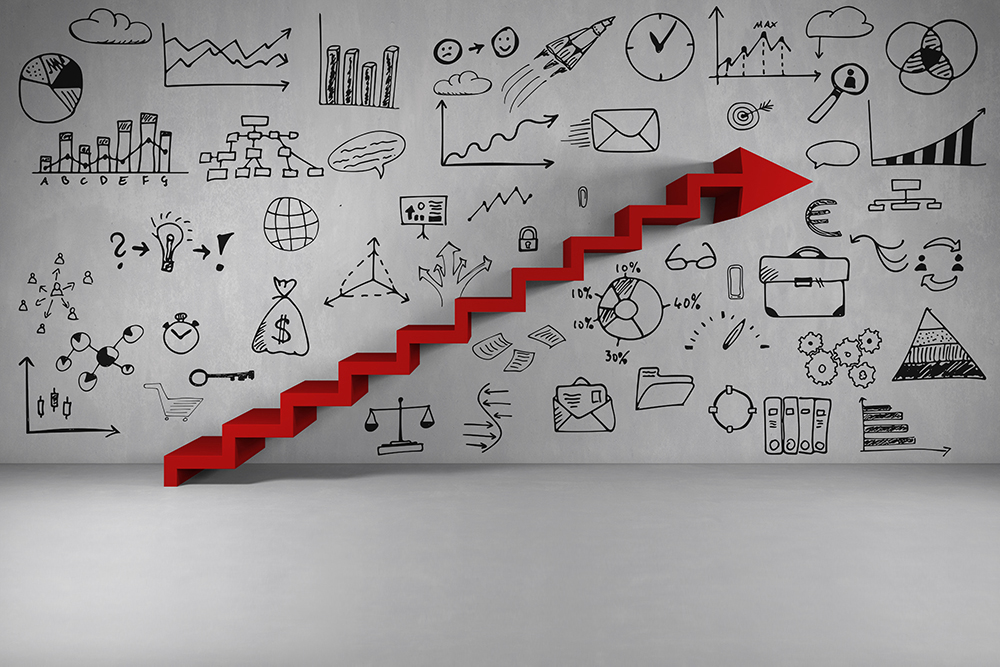Turbulent times require rapid adaptation to new conditions. And this, in turn, opens up a wide field for creativity and innovation. You can find the opinion that the current situation is analogous to the wartime. It was then that companies, governments and scientists carried out many groundbreaking projects that had a fundamental impact on consumption in later times. Among others, it resulted in the satellites, moon landing … or instant coffee. Today, when we are still at the beginning of the new reality, it is difficult to judge to what extent the efforts of scientists, furniture manufacturers, software companies, artificial intelligence specialists and others will lead us to a flood of epoch-making discoveries. However, it is worth taking a look at the different faces of creativity, which can be a source of quite interesting conclusions for marketers.

Today let’s learn more about „radical change of competence”:
Because the current crisis hit quickly, as, during the war, many companies had to change their products radically to meet current needs. The Chinese company Kuang-Chi Technologies went beyond the standard products and developed a “smart helmet” that scans the temperature of several hundred people at once using a camera and thermovision. Also, it is connected to the network of nearby hospitals, so the patient’s transport can be efficiently coordinated.
An interesting example is the company Airbnb, which, due to the freezing of its business, has introduced a new service – online attractions, which aggregates unique tickets-only, activities. This is how the brand’s new competence arose – an organizer of online experiences, such as a concert with Latin American Grammy candidates (tickets to buy at PLN 43) or workshops on the secrets of magic (PLN 81). Interestingly, brand’s DNA, i.e. connecting people from different countries, has been preserved, but the formula has changed radically.
From a marketing point of view, interesting are actions where the introduction of a new product line goes hand in hand with reputation building. For example, the French concern LVMH, the owner of luxury brands such as Louis Vuitton, Givenchy or Dior, switched one of its factories to the production of disinfection gel. In turn, Ford launched production of 100,000 respirators (with the support of 3M), medical masks, protective covers and interestingly … protective aprons made of airbag material. Similar initiatives are implemented by companies such as Mercedes-Benz, Nissan, Fiat, Volkswagen, Tesla, and even Ferrari and McLaren.

